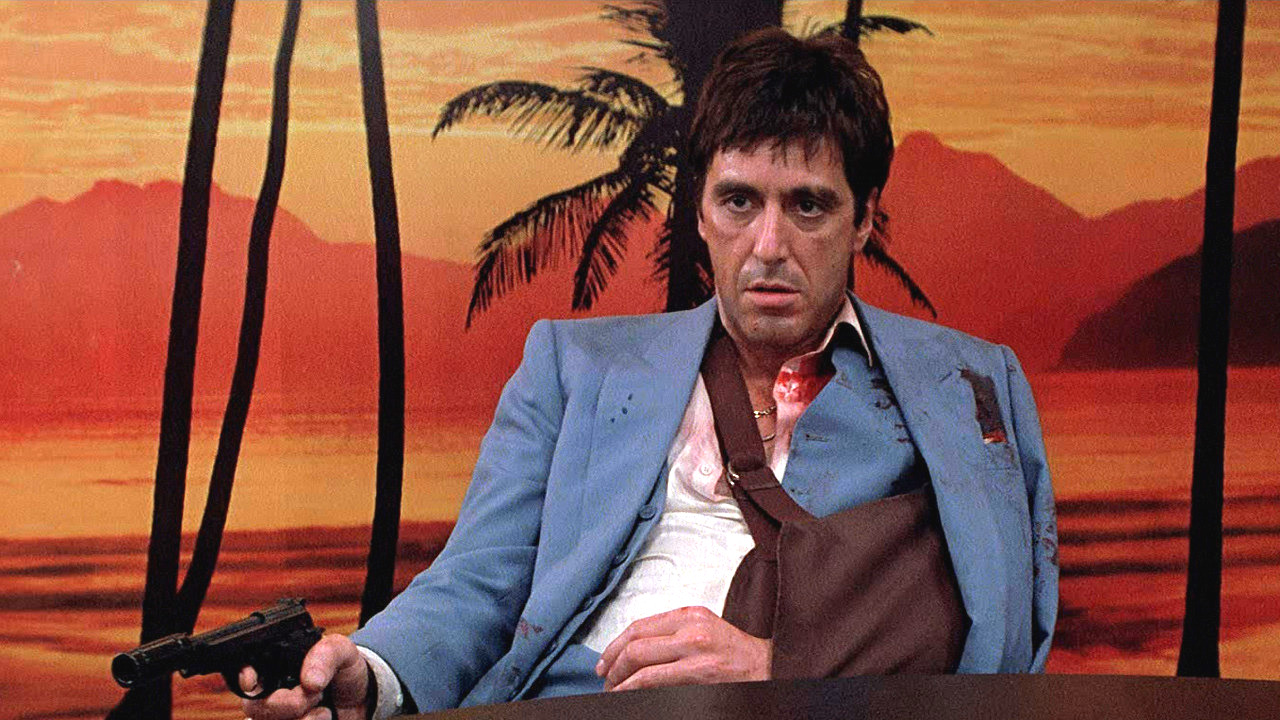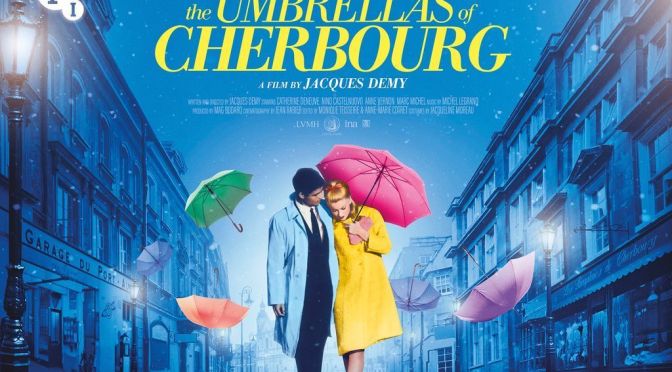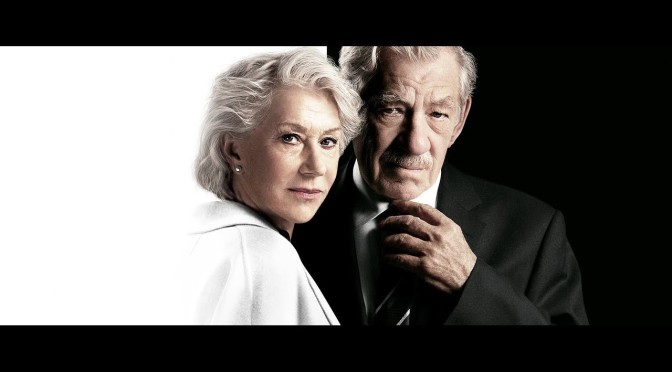MEN (2022) + THE NIGHT HOUSE (2021) –
Two fascinating genre films I saw this month had virtually the same narrative set-up within the horror genre. Both have lead characters who lost their partner to violent suicide, prior to being propelled into a journey of psychological trauma, mystery and devastating enigmatic danger.
Also, both the arthouse horror of Men (2022) and psychological horror of The Night House (2021) are intelligent offerings within the genre, eschewing easy solutions while exploring themes relating to grief, domestic violence and toxic masculinity. Moreover, while both films are expertly made there are many frustrations to be had while watching them. Nonetheless, both deserve praise for challenging the audience and genre conventions while telling their twisted tales.
Here are my reviews with the usual marks out of eleven.
*** MAY CONTAIN SPOILERS ***

MEN (2022)
Written and directed by Alex Garland
Main cast: Jessie Buckley, Rory Kinnear, Gayle Rankin, Paapa Essiedu
Would you “Adam and Eve it?” – after delving into ideas relating to men playing god with artificial intelligence in both the brilliant Ex Machina (2015) and genius of Devs (2020), Alex Garland returns with this surreal horror where men are very much cast as the devil in the garden of England. It’s a disturbing experience. So, be warned if you are faint of heart. Moreover, there are no simple answers as Garland births a succession of thought-provoking themes which occasionally baffled, and at times frustrated the hell out of me.
The always superb Jessie Buckley portrays Harper Marlowe who, after a tragic but visually shocking incident involving her husband, seeks solace in the countryside to process her trauma and grief. There she encounters a series of male figures, all portrayed by Rory Kinnear, who all exert negative thoughts, words, looks, and energy toward her. Is this all a dream or a fractured reality? Is Harper going mad? Do we care? Further, Garland drip feeds in flashbacks to Harper’s toxic relationship with her husband in several hard-hitting scenes. How this is connected with the many faces of Kinnear’s characters I could not quite work out. Well, other than the theme that all men are bastards, with little in the way of nuance to the contrary.
Alex Garland is an incredible writer and director and I have enjoyed most of his work. However, while Men (2022) has an incredible dénouement with body horror scenes Cronenberg would be proud of, I never really felt scared throughout. Moreover, despite Buckley’s absorbing performance I ultimately felt disconnected from her story as many ideas and moments, such as the scene in the tunnel lacked a real punchline. Similar to Ben Wheatley’s In the Earth (2021) – with the sparse cast and seemingly shot during lockdown, Men (2022) has some fantastic ideas and fascinating themes relating to grief and gender politics. Unfortunately, they didn’t all gel to create a satisfying whole. But maybe I am the one to blame. I am a man after all.
Mark: 6.5 out of 11
THE NIGHT HOUSE (2021)
Directed by David Bruckner
Written by: Ben Collins & Luke Piotrowski
Main cast: Rebecca Hall, Sarah Goldberg, Vondie Curtis Hall, Evan Jonigkeit
Like Jessie Buckley, Rebecca Hall is always never less than brilliant and here she gives a complex rendering of a character, Beth, reeling from her husband’s violent suicide and secrets from the past which literally come back to haunt her. Alas, Beth is a shell of a person who drinks constantly but pretends everything is okay. She has strange dreams or waking nightmares which propel her to investigate further why her beloved husband shot himself. While I empathised fully with Beth’s mourning, I found the edge and antagonism, Hall, under Bruckner’s direction is given undermined the fear factor for me. Some slight vulnerability may have raised the heart rate even higher during the expertly crafted plot.
Nonetheless, when Beth really digs into the past and begins to find mysterious and hidden places in the woods, plus evidence of her husband’s potential infidelities, the film really grips you. Is the figure that plagues her real or a psychosomatic vision of grief. But Beth is determined to find out what her husband was up to with a variety of women. When it is revealed it is a exquisitely delivered twist. It’s really tough to come up with something original in the horror genre, but the revelation was extremely horrifying and ingenious.
Bruckner gives the film a terrifically creepy atmosphere as the lakeside property is enveloped with shadows, fleeting figures, light and reflection colluding to trap Beth in the haunted space. Indeed, the finale in the woods, house and on the boat create palpable and clinging dread. But then it ends and deflation occurs as questions and loose ends remain unanswered. The script also suffers from back story overload. I mean major events which occur before the film starts have a strong bearing on the narrative as a whole and should have been shown in flashback. Overall though, The Night House (2021) is well worth a watch due to the clever plotting, creepy locations and powerful suspense throughout.





























